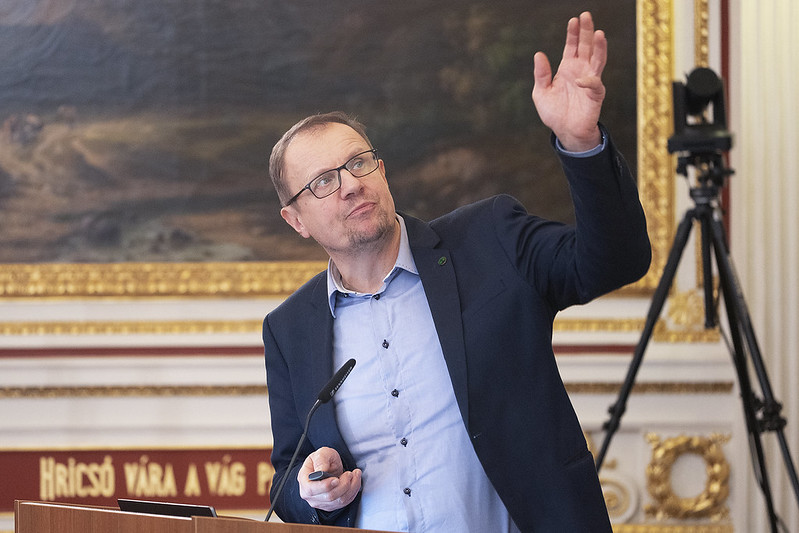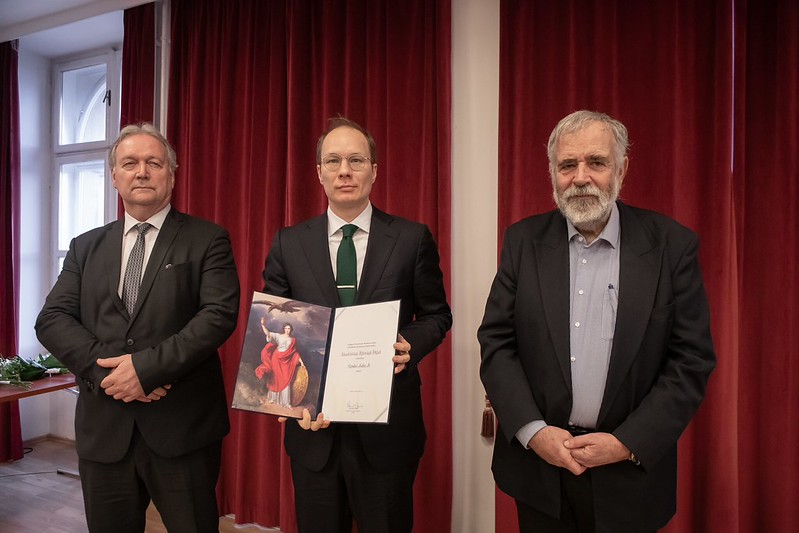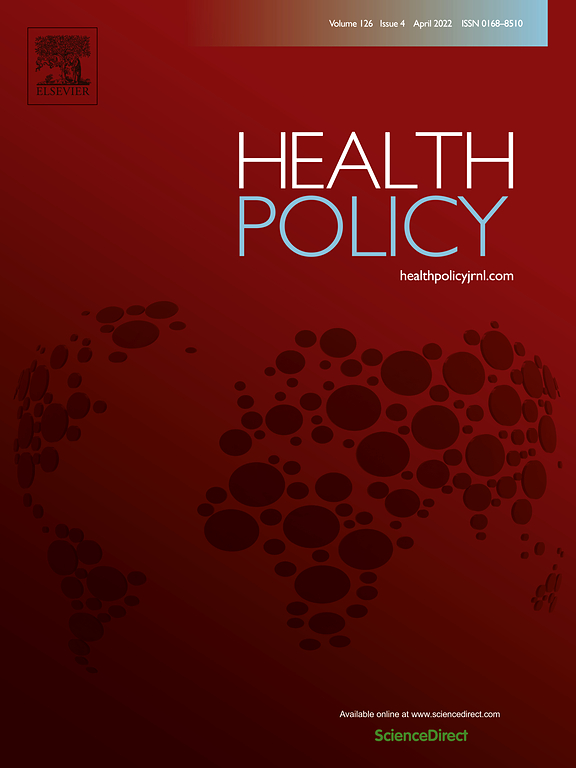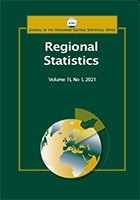Az előadásra hibrid formában kerül sor zoom felületen, illetve személyesen a K.11-12 terem; 2024.03.21-én, 13.00 órától.
Előadó: Koren Miklós
Cím: Communist Era Managers in Modern Times: A Comparison of Management Skills Across Generations
Szerzőtárs: Kiss Gergely Attila
Absztrakt: Management practices differ widely across countries. Here we show that they also vary over time. Using the World Management Survey for Hungary, we document that younger managers adopt better management practices. We hypothesize that such cohort effects are specific to transition economies, with some of the manager skills becoming obsolete after a post-communist transition.
Short bio: Koren Miklós is a senior research fellow at the Economic Growth and Competitiveness research group of KRTK KTI. He is also a professor of economics at CEU. His current research, supported by a Forefront Research Excellence Grant and an ERC Advanced Grant, focuses on the role of management practices in economic development and the allocation of managerial talent in the macroeconomy.









